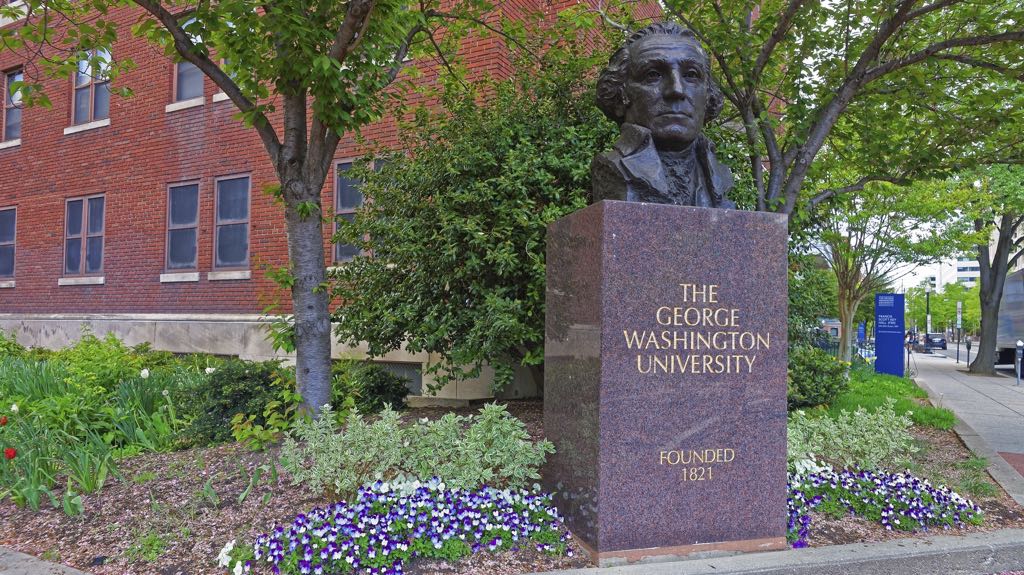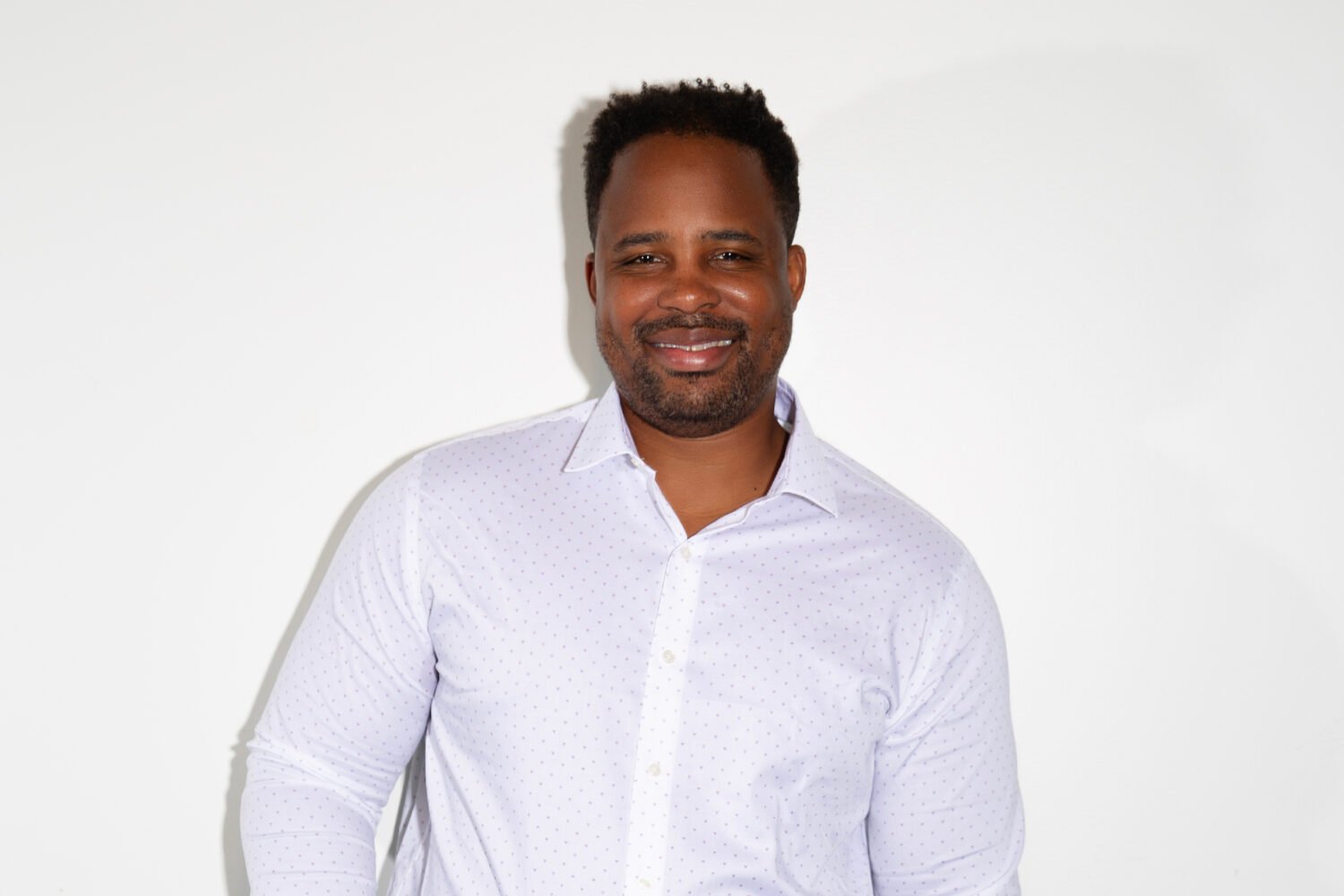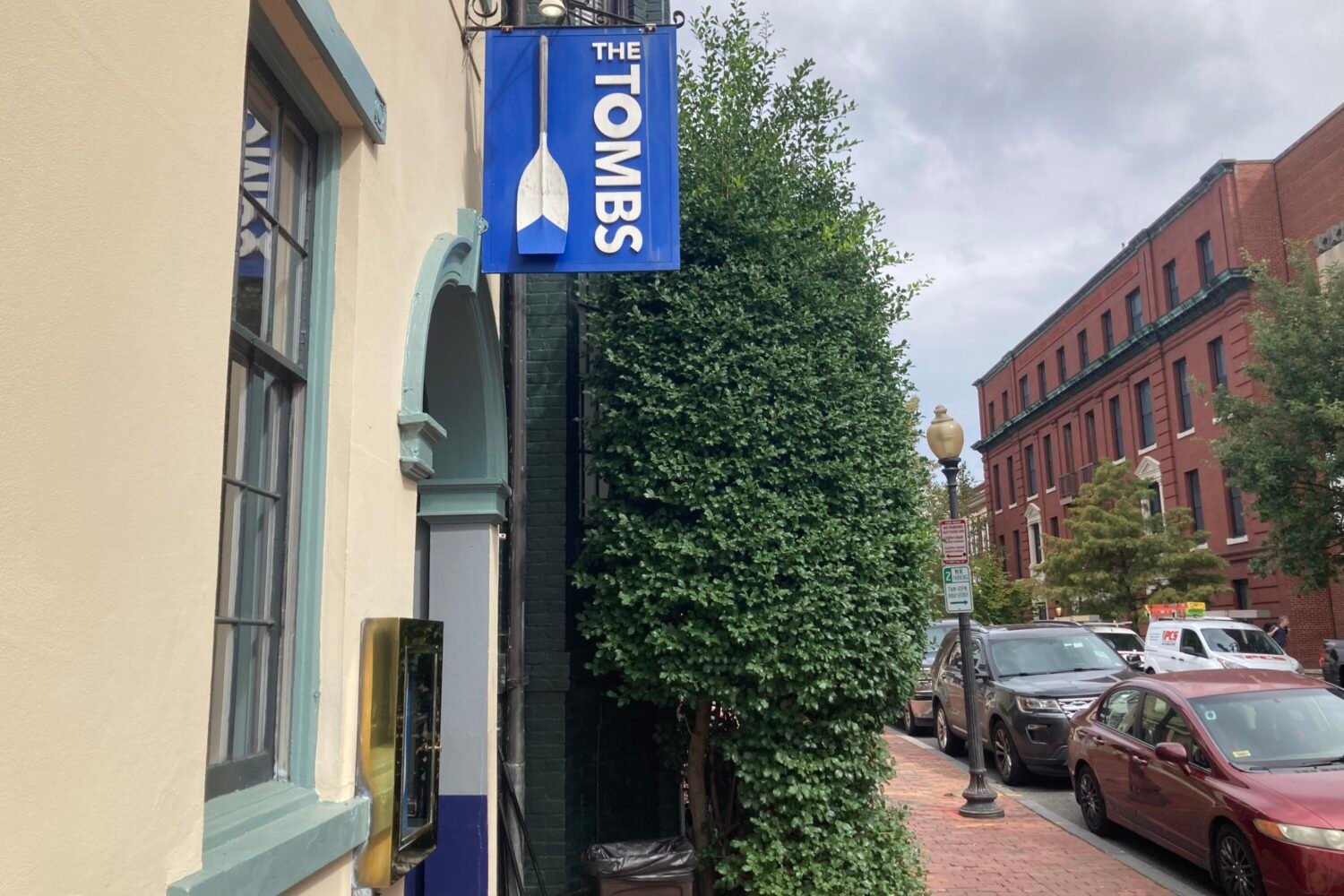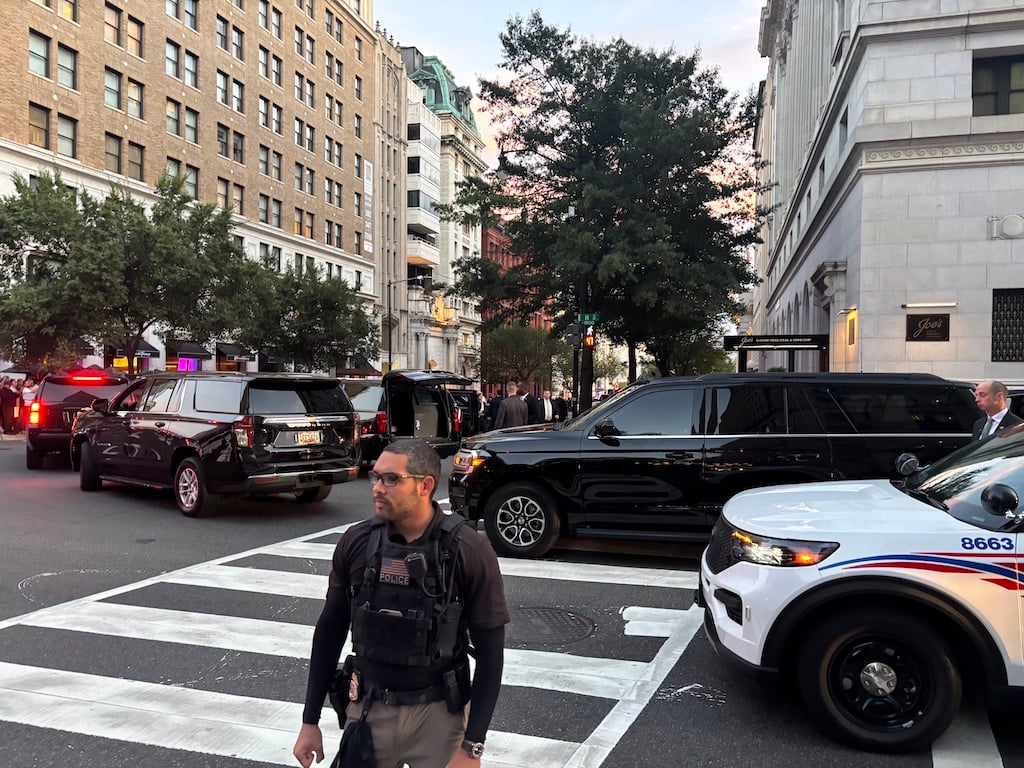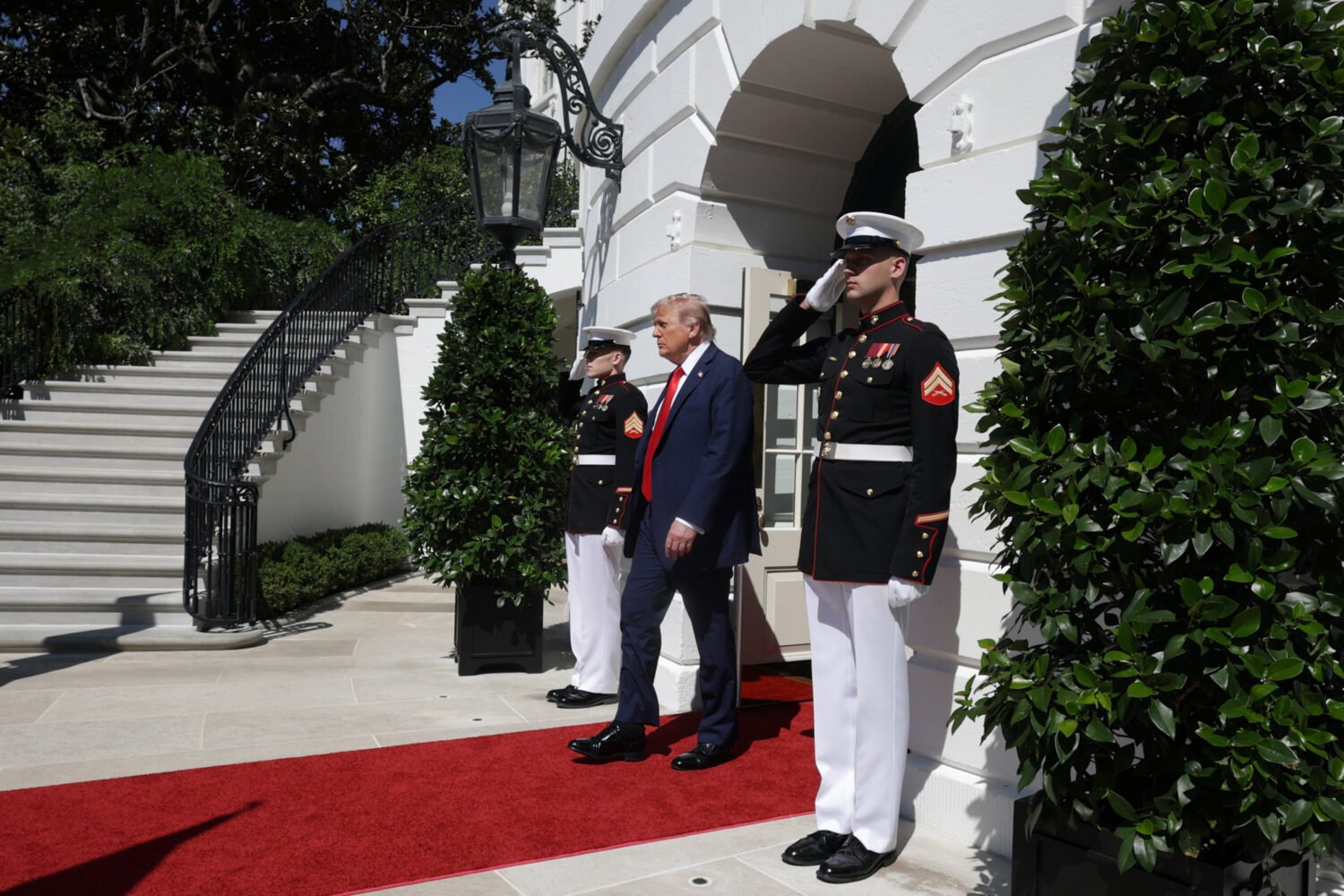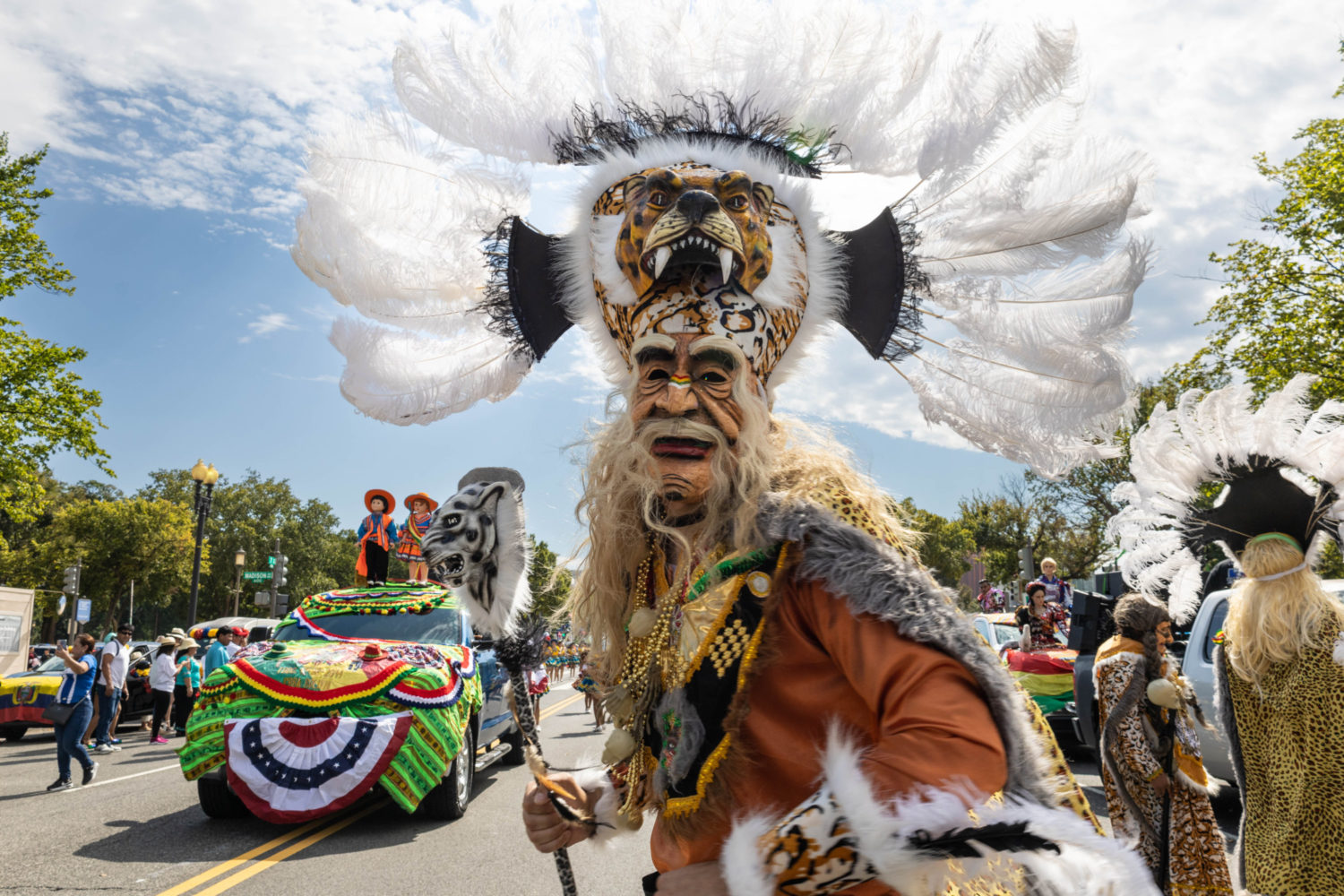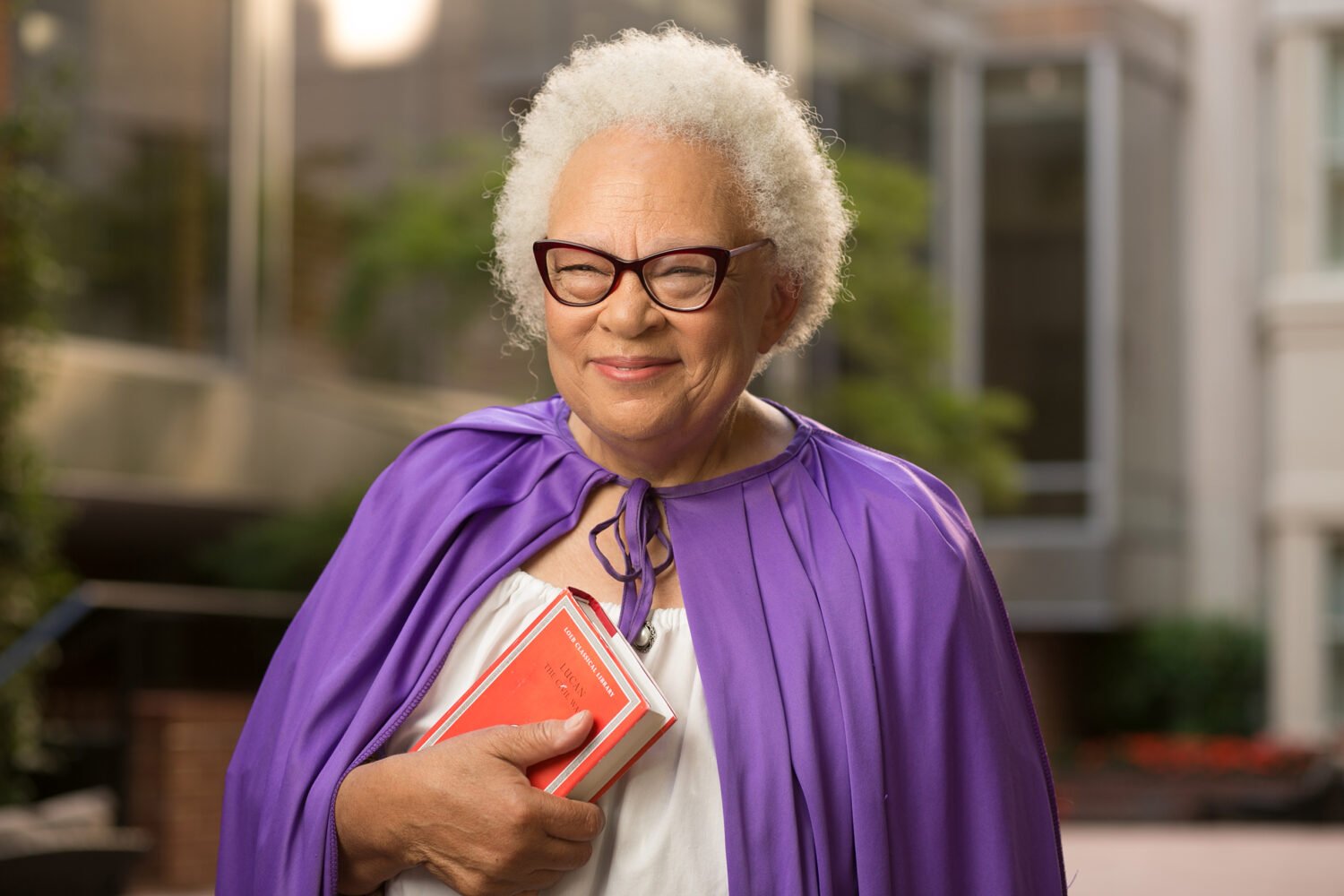Georgetown University and George Washington University are among 31 academic institutions submitting a legal motion in opposition to President Trump‘s executive order banning immigration from six majority-Muslim nations and suspending the admission of worldwide refugees into United States.
The amicus brief was filed in the Fourth Circuit Court of Appeals in Richmond, which in May will hear arguments on the government’s appeal of a ruling by a federal judge in Maryland blocking enforcement Trump’s of order. The executive order is the subject of multiple lawsuits across the country, including one in Virginia, where a federal judge upheld it. The Justice Department is also appealing another ruling blocking the order by a federal judge in Hawaii.
In their brief, the schools argue that Trump’s travel ban limits their ability to attract top-tier academic talent from around the world. “Recognizing the invaluable contributions of international students, faculty, staff, and scholars, [the universities] make significant efforts to attract the most talented individuals from around the globe,” the brief reads. “The Executive Order at issue here, like its predecessor, threatens [universities’] ability to continue to attract these individuals and thus to meet their goals of educating tomorrow’s leaders.”
Trump’s March 6 order seeks to stop immigration from Iran, Libya, Somalia, Sudan, Syria, and Yemen; a previous order, signed January 27 but later rescinded after it was stopped in court, also banned arrivals from individuals with Iraqi citizenship. The newer ban makes more allowances for permanent residents and green-card holders than the first order, but it has also been blocked by judges citing the President’s campaign-trail pledges to ban all Muslims from entering the country.
Academia has been particularly opposed to both executive orders. Nearly every major Washington-area university put out statements against the January 27 order, with many of them also taking steps to safeguard their students and faculty from the targeted countries. Regarding the March 6 order, George Washington University spokeswoman Candace Smith says the Foggy Bottom school has 72 students, faculty, and staff who would be affected if the ban goes into effect.
The Fourth Circuit is reportedly considering whether to have all 15 of its judges hear the government’s appeal, a move that would speed up the case’s route to a potential Supreme Court showdown.

